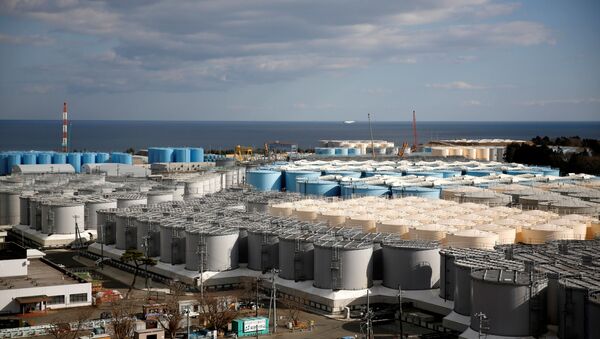According to the Asia Times, the AEC’s concerns are largely rooted in fears that the contaminated water would eventually spread to Taiwan’s coastline as it makes its way toward North America. Of further concern for Taiwanese officials is the likelihood of the polluted water flowing back to Taiwan over a period of three to six years after the initial dump.
The council went on to note that it is aware that Japanese officials are still unsure of what to do with contaminated water, but that it would have no other choice than to file its complaint via a “Taiwan-Japan nuclear power regulation platform” if Japan dumps the water into the ocean, the Taipei Times reported.
At present, Taiwan continues to carry out tests for radioactive pollutants. “Sea water, beach sand and fishery products in nine ports across Taiwan are regularly sampled to test their radioactivity, without having any abnormal findings so far,” reads a Times-obtained statement from the AEC.
The council’s concerns come weeks after Japan’s Nuclear Regulation Agency announced that it intended to restart its investigation into the Fukushima disaster, which unfolded in March 2011 after a massive earthquake struck the island nation and triggered a tsunami an hour after the initial event. Fukushima operator Tokyo Electric Power Company (TEPCO) has stated that it would be willing to assist in the agency’s investigation should its backing be necessary.
With more than 1 million tons of contaminated water being stored in tanks near the disaster site, TEPCO has indicated that the plant will likely reach maximum capacity by 2022, a deadline which has many officials concerned over how to best solve the matter.


